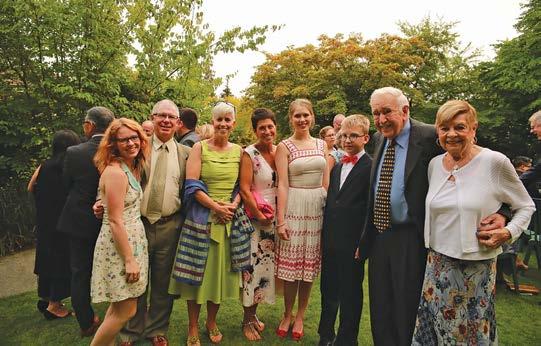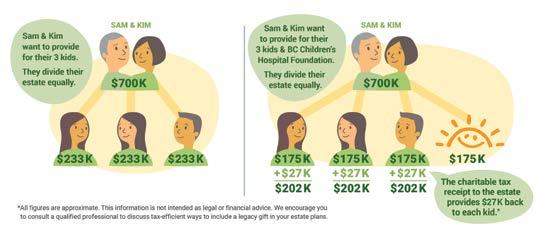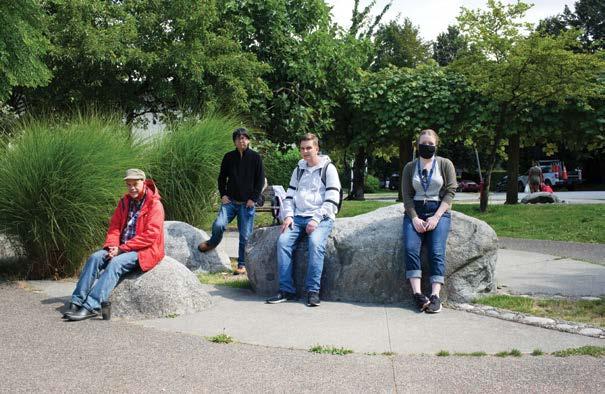THEME
Andréa Agnoloni
Donations by Will ©iStockphoto.com/monkeybusinessimages
I
t is very common for Will-makers to include charitable bequests in their Will. The executors of the estate may not be in the position to fulfill the wishes of the deceased in a timely manner because the estate funds are not readily available. It may take a few years before the donation can be made by the estate, and when all is done, the question is . . . who can claim the charitable donation tax credit? Prior to 2014, if someone made a charitable gift in his Will, or donated in the year of death, the donation was deemed to have been made immediately prior to his death. As a result, the value of the donation tax credit was based on the value of the gifted asset at the time of death, even if the value of that asset was different when actually received by the charity. That rule also applied when a donation was made by beneficiary designation from an RRSP, RRIF, TFSA, or life insurance. The negative effect of the rule was that an estate
38
TABLE OF CONTENTS
The executors of the estate may not be in the position to fulfill the wishes of the deceased in a timely manner because the estate funds are not readily available. could not benefit from an increase in value of the donated assets between death and the actual distribution. Budget 2014 changed the rule; for deaths that occur in 2016 and subsequent years, donations made by Will or beneficiary designation from an RRSP, RRIF, TFSA, or life insurance will not longer be considered to have been made immediately prior to death. Instead, those donations will be deemed to have been made by the individual’s estate. The result of the revised rule is, the actual value of the donated asset at the time the gift is received by a qualified charity, will be the basis for the calculation of the charitable tax credit. For example, the beneficiary of a RRIF is a charity; at the time of death, BC Notaries Association
the value of the RRIF is $100,000 and, at the time of distribution, the value is $120,000. The value of the donation would be $120,000. Under the old rule it would have been $100,000. If the estate is a graduated rate estate (GRE), the estate’s legal representative will be able to allocate the donation tax credit to - the estate in the year the donation is made; - an earlier taxation year of the estate; - the last 2 taxation years of the deceased person. Any unused donation amount can be carried forward for up to 5 years from the year in which the donation is made and claimed by the estate. It is important to understand what a graduated rate estate is, to take advantage of the added flexibility allowed by the new rule in allocating the donation provided for in the Will. The concept of a GRE was introduced on December 31, 2015. A graduated rate estate of an individual at any time is the estate that arose on and as a consequence Volume 29 Number 3 Fall 2020

























